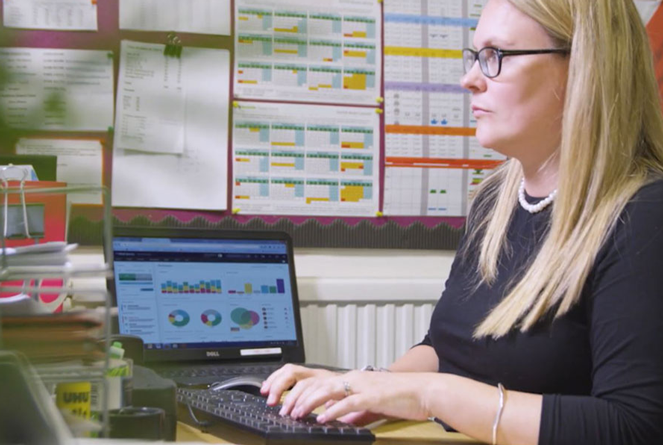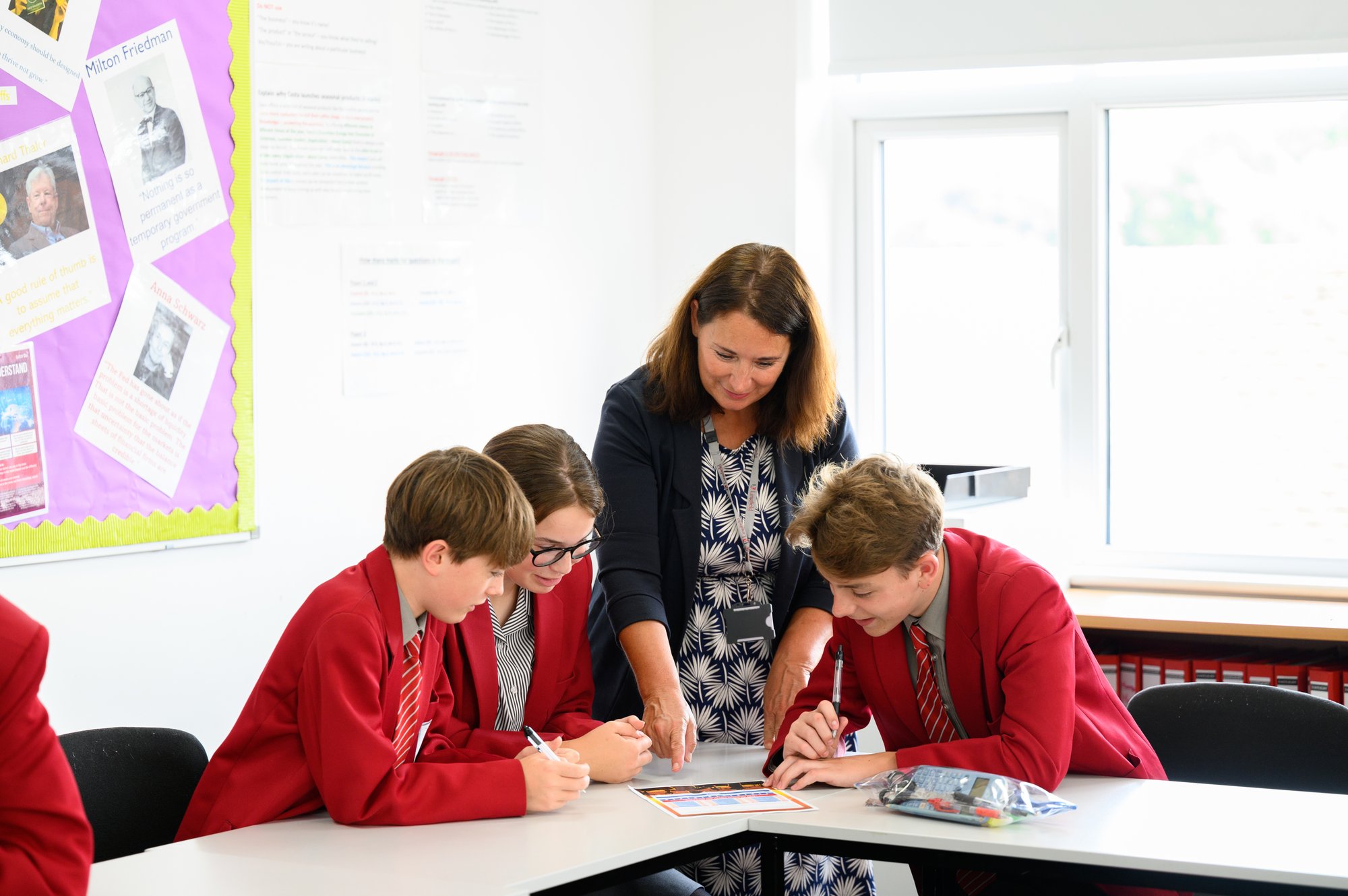Introduction
Earlier this week, I received several emails from GOV.UK regarding two new publications.
The first, Best Start in Life: A Research Review for Early Years (Part 3), focuses on the four specific areas of learning in the Early Years Foundation Stage (EYFS).
The second publication, Strong Foundations in the First Years of School, examines how schools can ensure that pupils acquire the foundational knowledge and skills needed by the end of Key Stage 1. While much of the content revisits familiar territory from previous research, including the Bold Beginnings report, it remains a valuable resource. Additionally, the Ofsted English Subject Report (2024), titled,Telling the Story: The English Education Subject Report, serves as a timely reminder of crucial elements in the EYFS and KS1 curriculum.
This blog, the first in a two-part series inspired by the reports, examines key messages regarding spoken language and reading, along with their implications for schools.
Spoken language
In recent years, there has been a significant emphasis on the importance of spoken language. In its guidance report, "Preparing for Literacy," the Education Endowment Foundation (EEF) outlines the SHREC approach to language and communication, highlighting the necessity of high-quality interactions between adults and pupils. You can read more about it in the EEF blog: The ShREC approach – 4 evidence-informed strategies.
I was particularly struck by a section in the Strong Foundations report addressing vulnerable children:
“Adults tend not to interact with them as much as they do with other children. Although they need the most teaching and opportunities for practice, these children often get the least.”
If I were still actively working in a school, this is a statement I would want to explore fully. I would consider the opportunities for developing spoken language available in EYFS and KS1 classrooms, particularly:
- What opportunities exist for interaction within class role-play areas? Do all adults model key vocabulary and demonstrate its meaning?
- How does the classroom environment support the development of spoken language, especially in EYFS?
- Are stories, poems, and rhymes shared as part of daily classroom practice, exposing pupils to a wide range of vocabulary and allowing time to explore keywords or phrases?
- Do adults maximize opportunities to interact with pupils, or is much of their time occupied with observations or other tasks?
- Is vocabulary taught explicitly in our school, and what impact does this have? Is the teaching consistent across classes?
- In KS1, have we broken down the National Curriculum's spoken language statements and considered what progression in these areas should look like? Is spoken language a key component of our curriculum?
Reading
Recent reports, including the Ofsted English Subject Report published in March 2024, highlight the significant improvement in teaching early reading, particularly in phonics. Many schools have invested heavily in resources and training to provide their pupils with high-quality phonics instruction. It’s essential for school leaders to continuously monitor and develop this area to maintain those high standards.
While phonics is a crucial component of reading instruction in EYFS and KS1, it must be complemented by a focus on fostering a love for books, reading, and language comprehension. The Best Start in Life publication emphasises that once children learn to read independently, those with stronger language development and vocabulary tend to have better comprehension.
In Strong Foundations in the First Years of School, it is noted that some schools require pupils to complete written comprehension questions even when they struggle to read the text or produce written answers. Instead, the emphasis should be on helping pupils achieve fluency with decodable texts before progressing to more challenging material.
Listening comprehension skills can be nurtured through the sharing of high-quality texts, encouraging pupils to summarise, predict, retrieve, and infer without the need for written responses. Additionally, oral storytelling, reading, and responding to stories, poems, and rhymes, as well as exploring language, should be central to the reading curriculum in EYFS and Year 1.
Consider the following:
- Are we maintaining and, where necessary, improving the quality of our phonics teaching, ensuring there is a consistent approach across the school?
- How quickly do we identify and address the needs of pupils who are falling behind in reading?
- Do we take time to develop pupils’ fluency in reading?
- Are pupils exposed to a rich and varied diet of stories, poems and rhymes every day?
- Do we develop pupils’ listening comprehension skills before they are expected to produce written responses to questions?
Summary
A high-quality education in EYFS and KS1 will ensure that pupils establish a firm foundation in spoken language and reading, which will stand them in good stead throughout their time in school and beyond. In the next blog, we will explore the importance of ensuring that early writing skills are firmly in place before expecting pupils to complete more complex writing tasks.
Spark a love for reading and language in every learner
Juniper's expert trainers, composed mainly of former teachers, headteachers, and educators, understand what it takes to help your pupils truly thrive in reading and language.
We provide a variety of courses focused on key topics such as Developing Oral Language and Vocabulary in EYFS and KS1, Teaching Early Reading, Improving Literacy in KS1, and various phonics courses.
You can view our full range of courses online and search for our live training options.
Or, if you're interested in bespoke training and support, please contact us at training@junipereducation.org.
Join up with Juniper, and together, we can help you spark a love for reading and the spoken language in every child.


/Primary%20school%20.jpg?width=2000&name=Primary%20school%20.jpg)








.png?width=940&height=788&name=Lingfield%20College%20Case%20Study%20(5).png)
-1.png?width=1000&height=833&name=National%20Association%20of%20Head%20Teachers%20(3)-1.png)
-3.png?width=1080&height=1080&name=Untitled%20design%20(10)-3.png)






